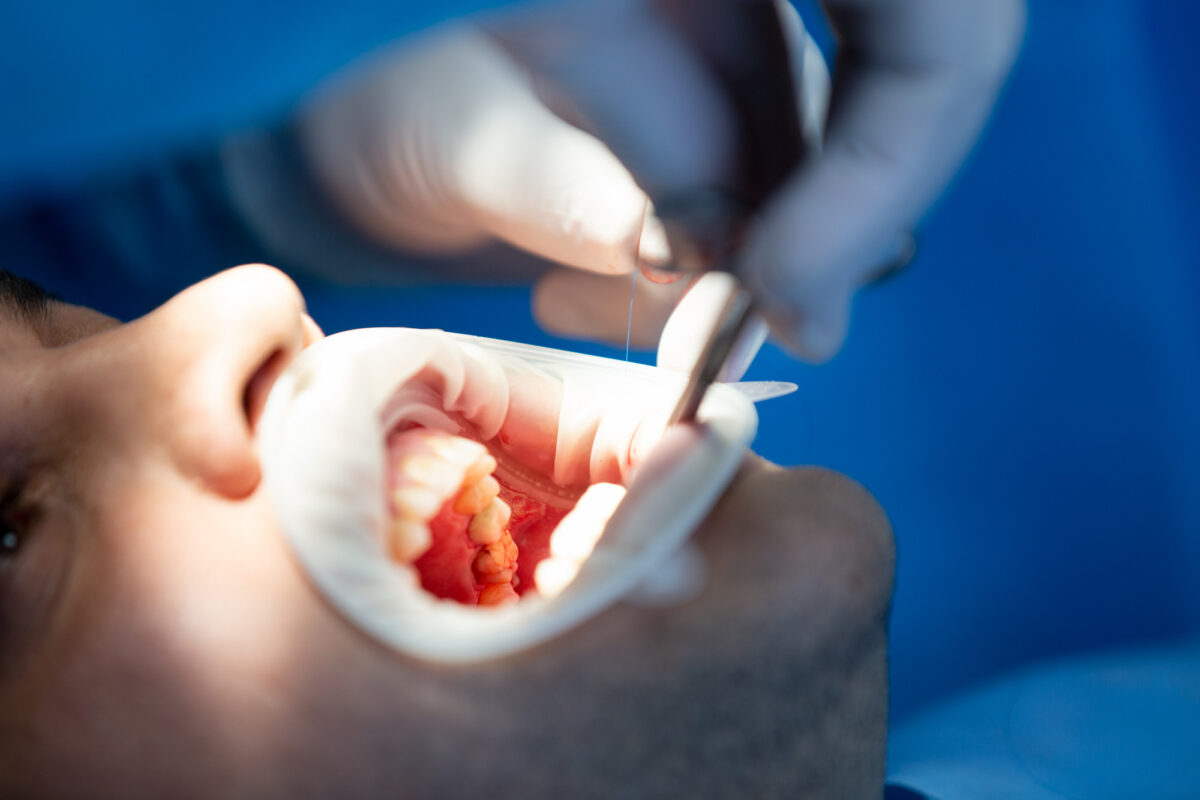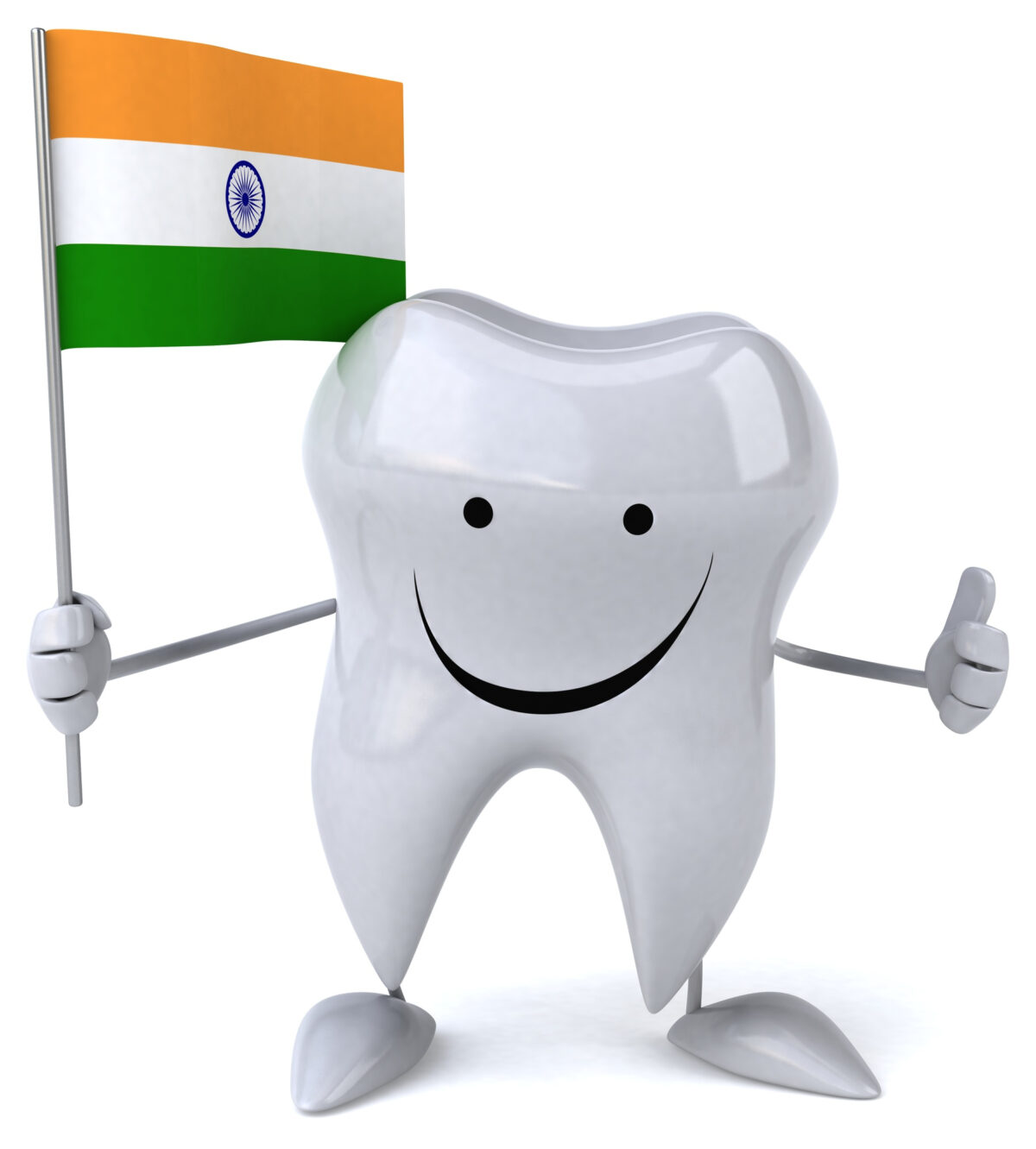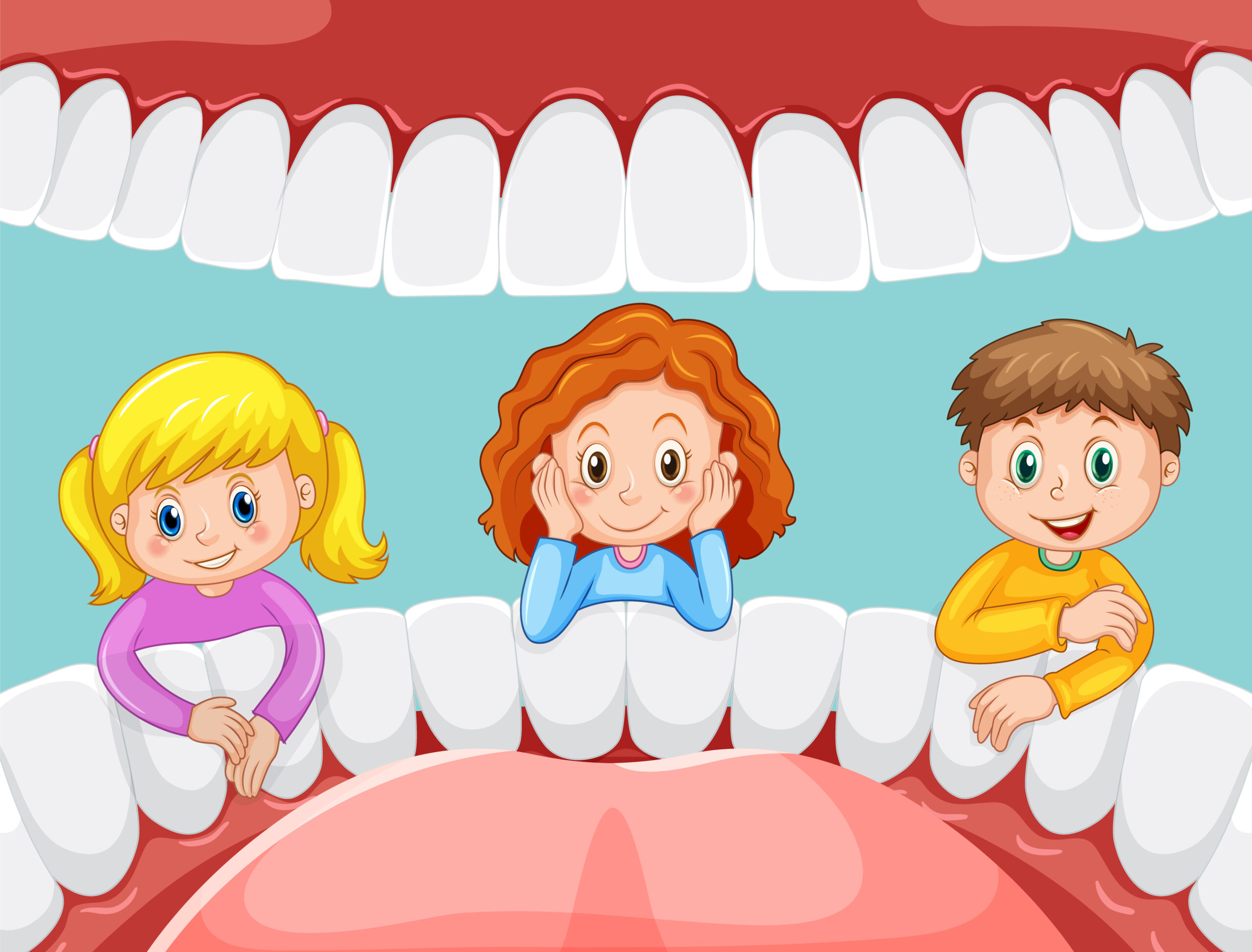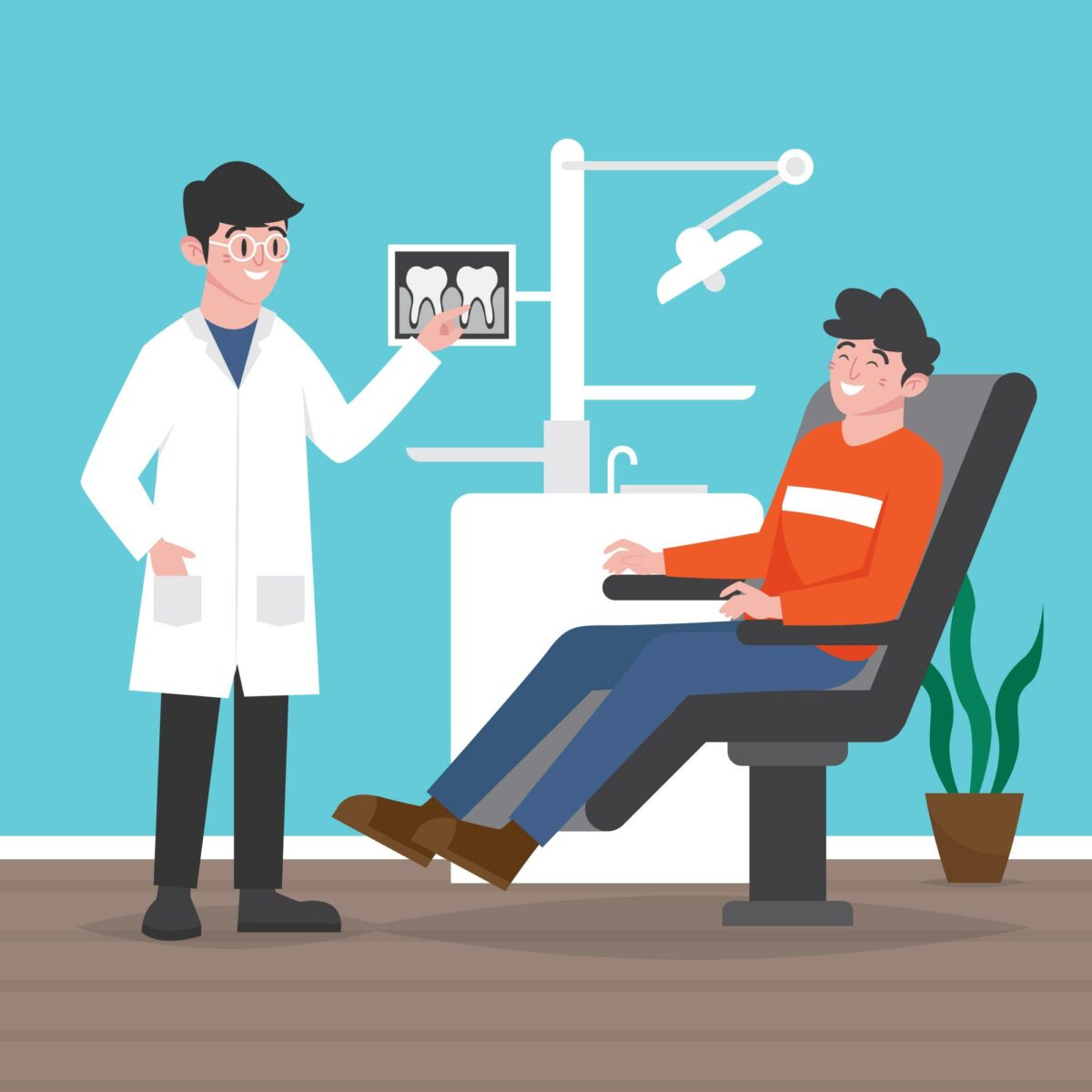Dental treatments are essential for maintaining oral health and a beautiful smile, but the fear of pain often keeps many people from seeking the care they need. At Alux Dental, we understand the concerns and apprehensions that patients may have.
Our mission is to provide painless dental treatments to ensure your oral health journey is as comfortable as possible. In this blog, we’ll share some valuable tips on how to have painless dental treatments, helping you overcome your fears and maintain excellent oral hygiene.
Open Communication with Your Dentist
Effective communication is key to a painless dental experience. When you visit Alux Dental, our skilled and compassionate dentists will encourage an open dialogue. Express your concerns, fears, and any past negative experiences. By discussing your feelings, your dentist can tailor your treatment plan to minimize discomfort and anxiety.
Choose a Trusted Dental Clinic
Selecting the right dental clinic plays a crucial role in your comfort during treatment. Alux Dental is renowned in Hyderabad for its patient-centric approach, ensuring your comfort and well-being throughout your visit. Our experienced team uses advanced techniques and modern technology to ensure painless procedures.
Preventive Dental Care
Prevention is always better than cure. Regular dental check-ups and cleanings can help identify issues early on, preventing the need for more invasive treatments. Our experts emphasize preventive care, helping you avoid painful dental problems in the first place.
Local Anesthesia and Sedation
For more complex procedures, local anesthesia or sedation can be used to numb the area and reduce discomfort. Your dentist will carefully administer these options to ensure you feel relaxed and pain-free during the treatment. Alux Dental’s professionals are skilled in the administration of these techniques to guarantee your comfort.
Modern Dental Technology
Advancements in dental technology have revolutionized painless dentistry. Alux Dental utilizes state-of-the-art equipment and techniques, such as laser dentistry and digital imaging, to minimize discomfort and enhance the precision of treatments.
Relaxation Techniques
Before your treatment, practice relaxation techniques like deep breathing or listening to soothing music. At Alux Dental, we create a calm and soothing environment to help ease your nerves.
Distraction and Entertainment
During your treatment, distraction can be a powerful tool to manage discomfort. Some dental clinics, including Alux Dental, offer entertainment options like TV shows, movies, or music to divert your attention away from the procedure.
Post-Treatment Care
Following dental procedures, your dentist will provide specific post-treatment care instructions. Following these recommendations is critical for a quick recovery and little trouble. If you experience any unexpected discomfort, reach out to Alux Dental for guidance and support.
Conclusion
Fear of pain should never deter you from seeking essential dental treatments. At Alux Dental in Hyderabad, we are committed to providing painless dental experiences through open communication, modern technology, and compassionate care.
By following our tips and trusting our experienced team, you can achieve optimal oral health without unnecessary stress or discomfort. Remember, your journey to a beautiful smile can be painless and comfortable with the right dental clinic by your side.



















